There’s intermittent sun late in the afternoon with a long view downstream. An hour of passive observation gathers sufficient attention to end all thinking. Without a trace of fear or morbidity, one enters the house of death.
In a positive sense, while fully alive, what does it mean to enter the house of death? It’s a dimension of being that contains all life and material existence, but is also beyond it. One feels the brush, and sometimes an overwhelming rush of eternity when one unexpectedly enters the house of death while fully alive.
When life and death are emotionally experienced as a single movement, one sees the true meaning of freedom. Psychological thought is time; psychological time is memory; and psychological memory is suffering. Freedom is the ending of time and suffering, which allows death to draw near without fear.

There are two ways we have to deal with death–through direct contact with its moment-to-moment actuality; and by preparing ourselves and loved ones for the end of our lives. The second is rare; the first is almost unheard of.
We’re all familiar with death at the end of life, or death that cuts life short. Faced with the fact of one’s mortality, we put off thinking and talking about death. I see this tendency in myself.
Experiencing death as part of life, on the other hand, flows from a deep intent to understand life, which, one discovers, is inseparable from death. That isn’t just a philosophical truth; it’s an emotional fact, and experiencing death as inseparable from life is tremendously liberating.
Speaking for myself, though one has often come into direct contact with the actuality of death without fear during deeper states of meditation, I still fear disease and physical death. Why?
Once I got so sick from eating tainted meat that I came within days of death, and saw its personification, in reality or imagination, waiting for me two days away. (A follow-up visit to the doctor confirmed I was that close to dying.)
The worst aspect of the coronavirus pandemic is not sickness and death, but the number of people who are dying alone, isolated and intubated in hospital rooms with family and friends prohibited from being at their side, and nurses and physicians scurrying in and out in hazmat gear.
Therefore sickness and mortality, as opposed to experiencing the actuality of death as inextricable from life (indeed, as the ground of life and the universe itself), seem to be two very different things.
Is that because we both can and cannot imagine straining for our last breath on a ventilator? Imagination has its place, but it’s deadly when it comes to facing and freeing oneself from fear.
Similarly, imagining a better future cannot, in itself, create a better future. In fact, imagining a better future prevents it when imagination is put first, because then we don’t face, remain with, and bring insight and understanding into what is.
Insight is far more important than imagination. Insight is wordless, always of the moment and original, even if one has had a similar insight before. Insight has a completely different source than thought and imagination, the same source as creation itself.
Therefore the revolution in human consciousness, when it finally occurs, will be an explosion of insight in a sufficient number of individuals, not the realization of an imagined future, however well conceived.
Insight may give rise to conception and imagination, or it may remain silent, complete in itself. Insights with respect to science, art and architecture require expression, but the state of insight has no need for expression.

Conversation and direct action may allay fear–for a while. But they do nothing to end the roots of fear, much less make a friend of death while fully alive.
When it comes to radical change, as it has, gradually means never; coping denies understanding and transcendence; fighting fear generates conflict and anxiety; and a stronger self is a weaker being.
Illness can teach and deepen, but suffering only leads to more suffering, and is never redemptive.
Besides, people who are inwardly alive seek liberation, not redemption.
Death without dying, and dying without death is the door is the door to freedom.
Martin LeFevre
No comments:
Post a Comment